SLT privatization & National Security
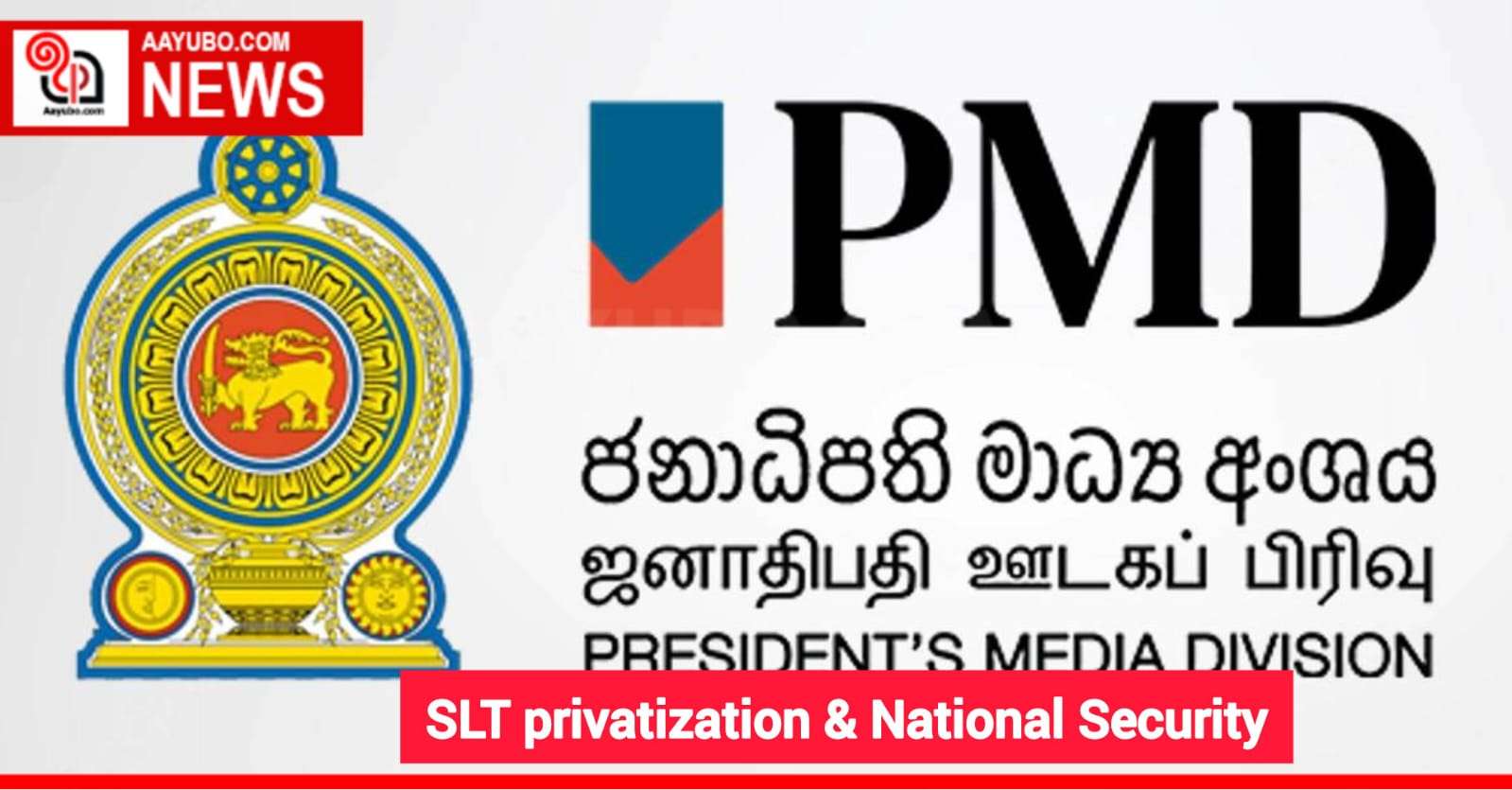
The Sectoral Oversight Committee's report expressed concerns about national security regarding the privatization of Sri Lanka Telecom. However, the information did not involve any inquiry with the relevant agencies responsible for national security. The President's Media Division confirmed this during the Security Council Meeting.
On May 9, 2023, the Sectoral Oversight Committee on National Security stated that it would not recommend privatizing Sri Lanka Telecom due to potential risks to national security. The chairman of the committee, MP Sarath Weerasekera, presented a report to Parliament, stating that further privatization could expose critical communication infrastructure and sensitive information to private entities with profit-oriented interests, compromising national security.
The report emphasized that individuals or organizations associated with terrorism or extremism should not be allowed to purchase shares or have control over national assets. It suggested that the state could repurchase shares from the other significant shareholder and divide the segments into sensitive and vulnerable categories, excess lands and buildings, critical infrastructure, and the business.
The report recommended that the state retain control over segments affecting national security while divesting the others through a Public-Private Partnership, ensuring critical infrastructure protection and adherence to government regulations. This approach would allow the government to exit from business operations, generate profit, and maintain national security.
The President's Media Division later issued a statement on the same day, acknowledging the concerns raised in the report and the government's focus on addressing them. The statement mentioned the need for a comprehensive analysis of the operation and regulation of information and communication technology service providers, financial data related to the sector, national ambitions in the field, available capital capacity, and global trends.
The government reassured that the policy decision would not compromise national security. It stated that a final decision would be taken during an upcoming cabinet meeting, considering the report and recommendations from the information and communication sector.
However, the President emphasized that the government's policy is centred on providing opportunities to the private sector and reducing direct government involvement.
The report presented to Parliament contained 20 key points highlighting the potential risks if the state-owned stake in Sri Lanka Telecom is privatized. These risks include the leakage or unauthorized access to information of important subscribers, misuse of monitoring tools leading to loss of control over call records and data, and the potential for fraudulent acts in the telecom industry causing revenue loss to the state.
Additionally, the report highlighted that if privatized, compliance with various acts, such as the Computer Crime Act, Electronic Transaction Act, Right to Information Act, Banking Act, Telecommunication Act, and Intellectual Property Act, is crucial to safeguard national security.
321 Views
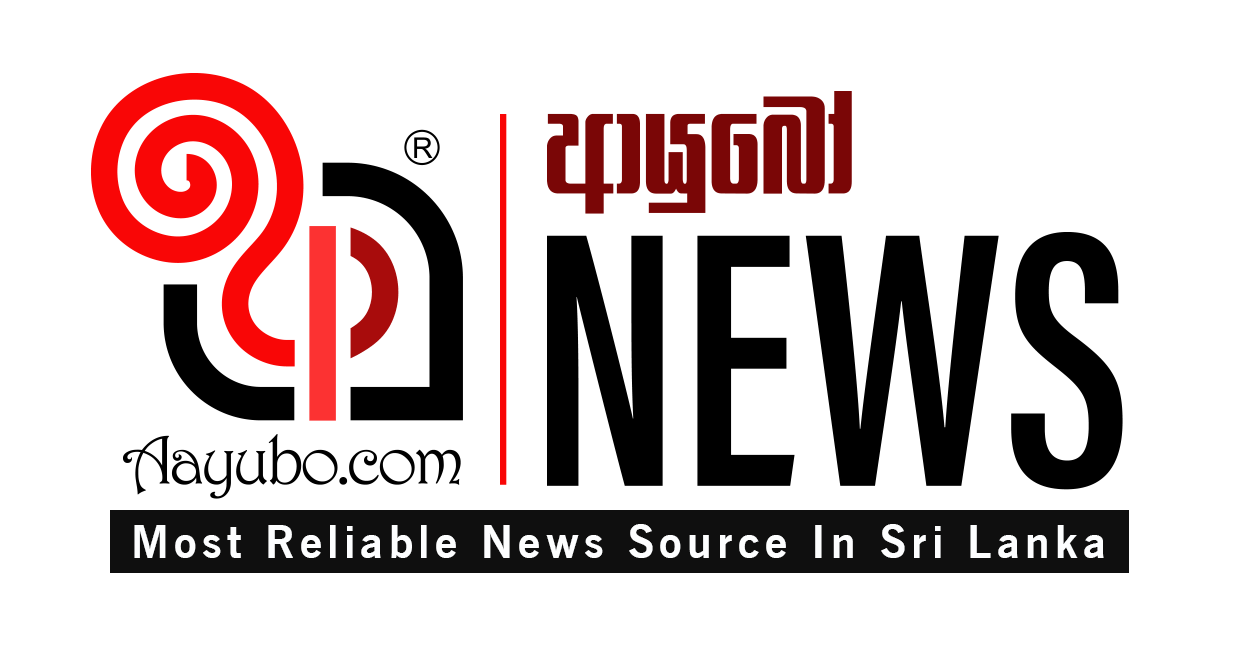

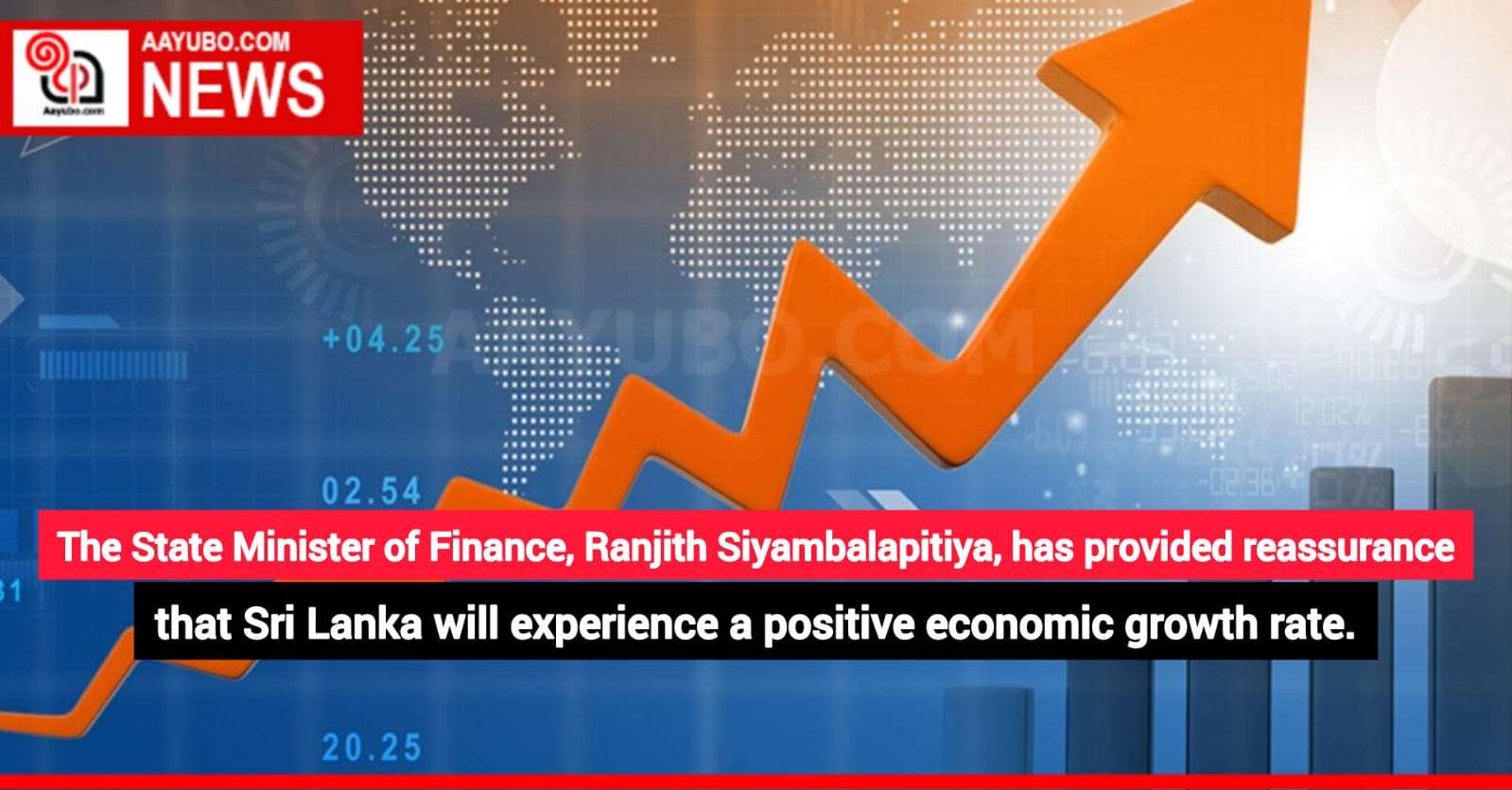

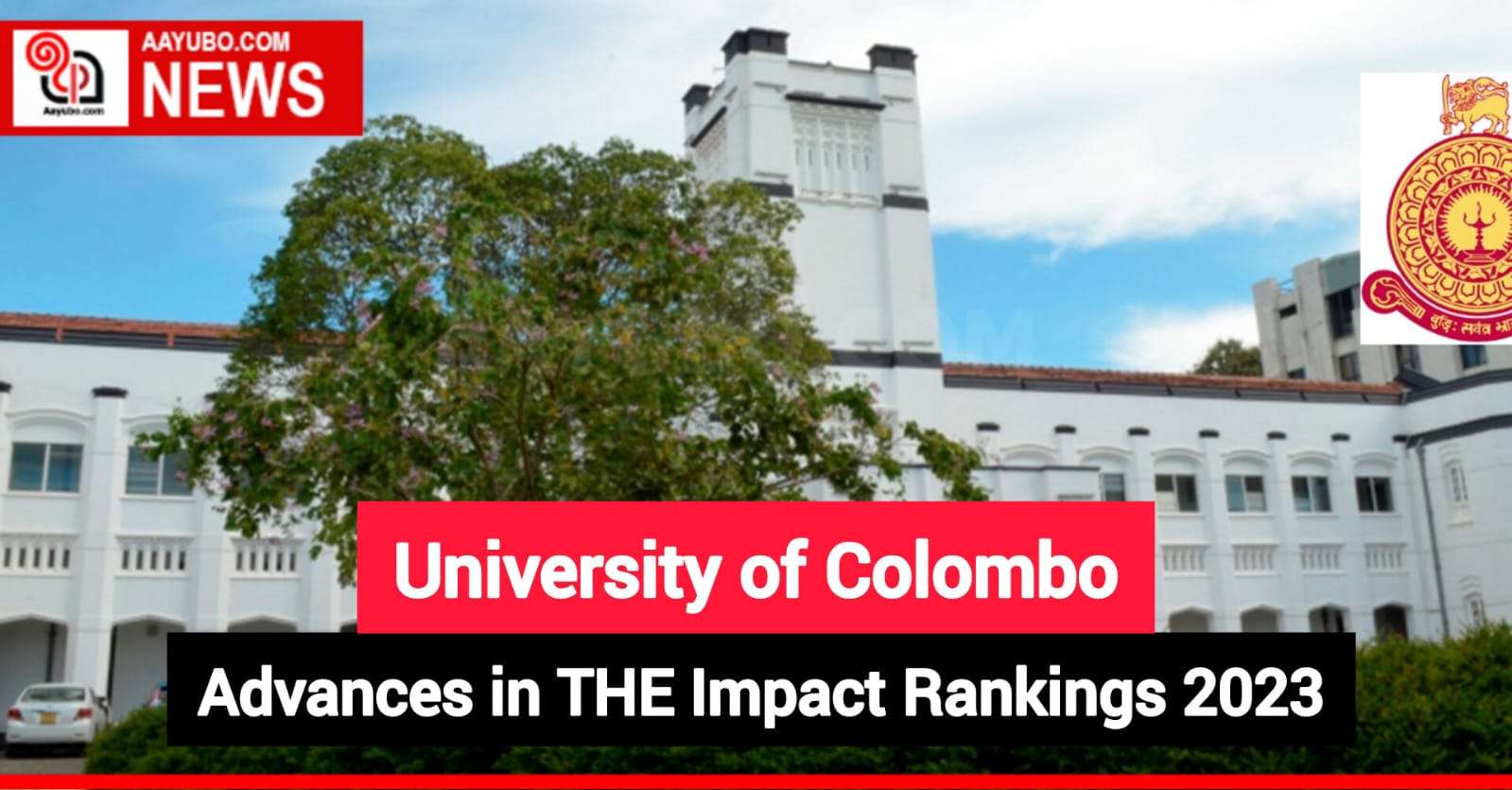
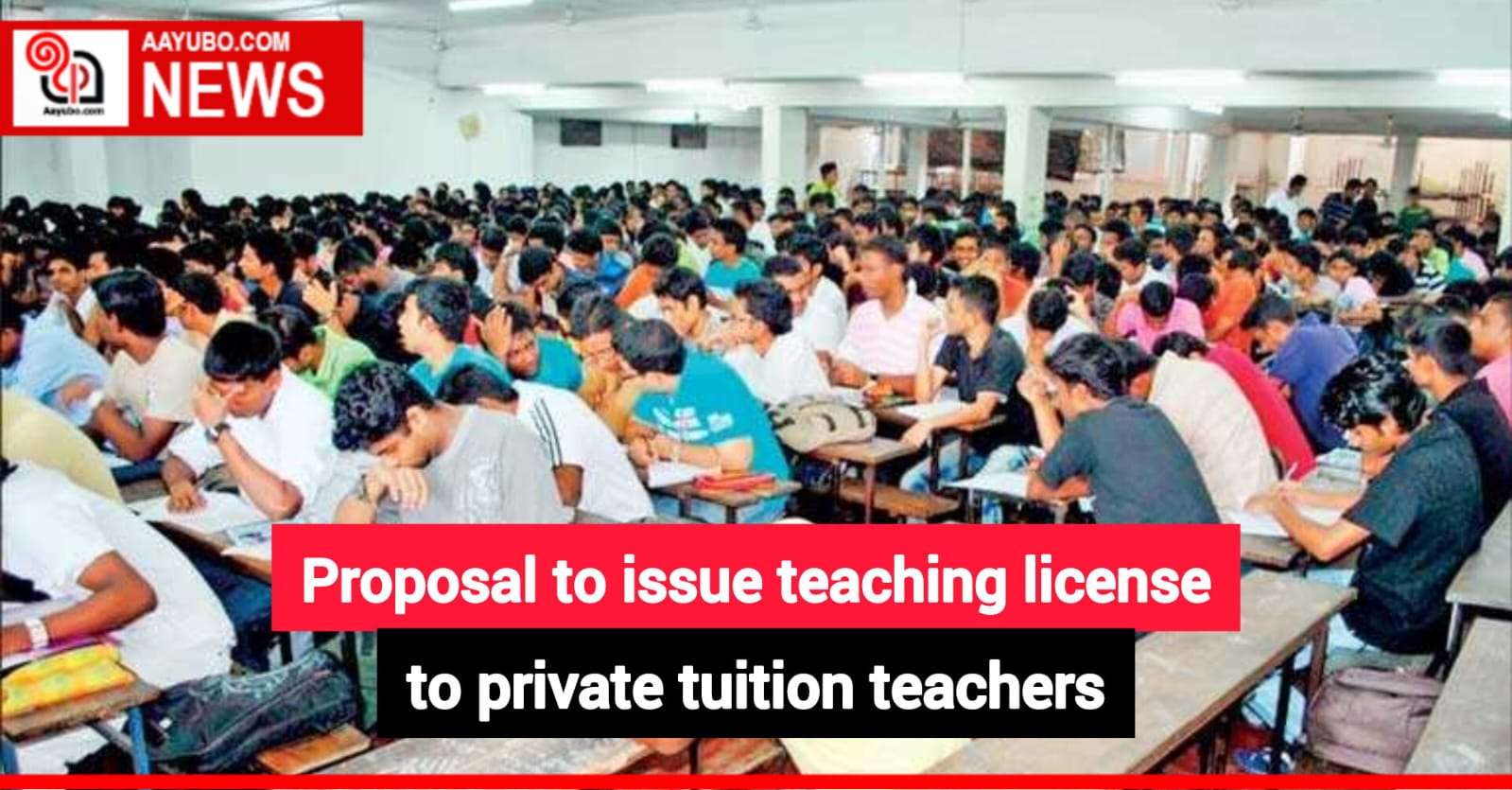
Comments